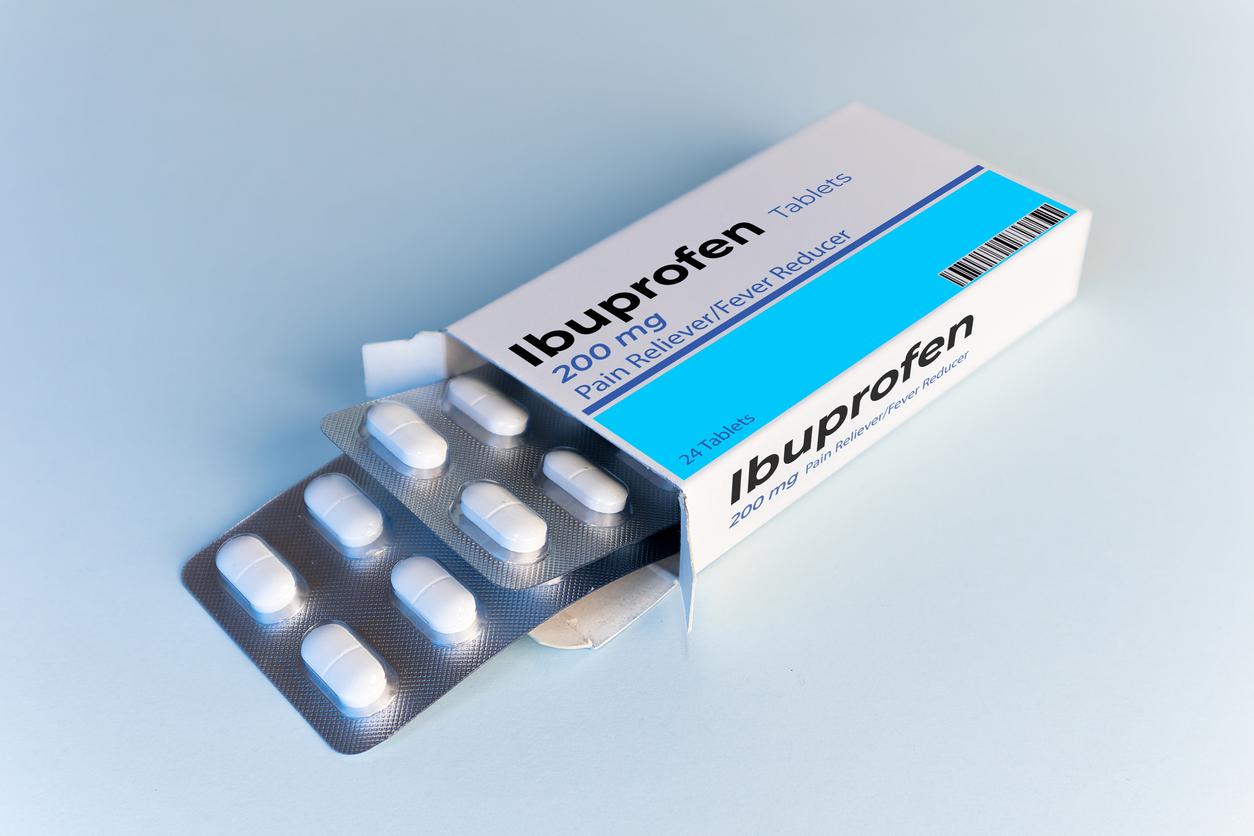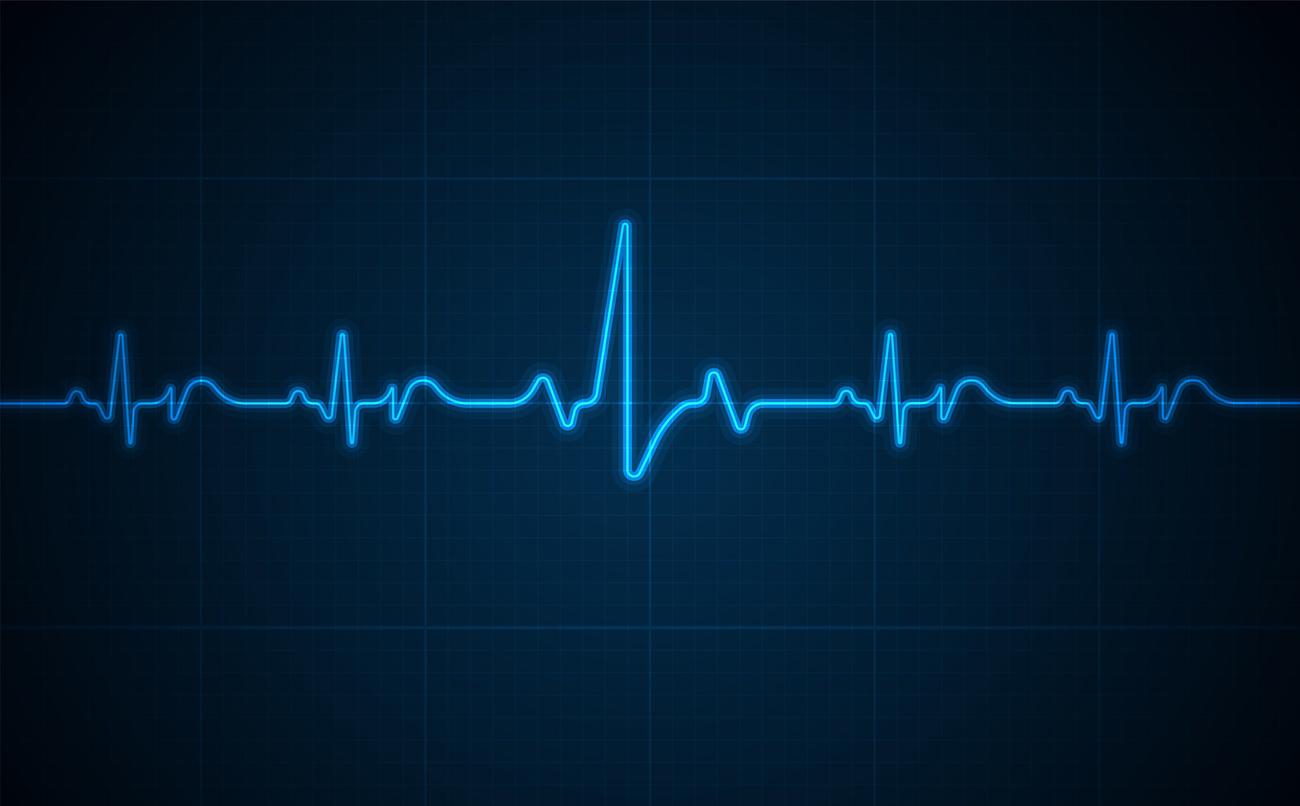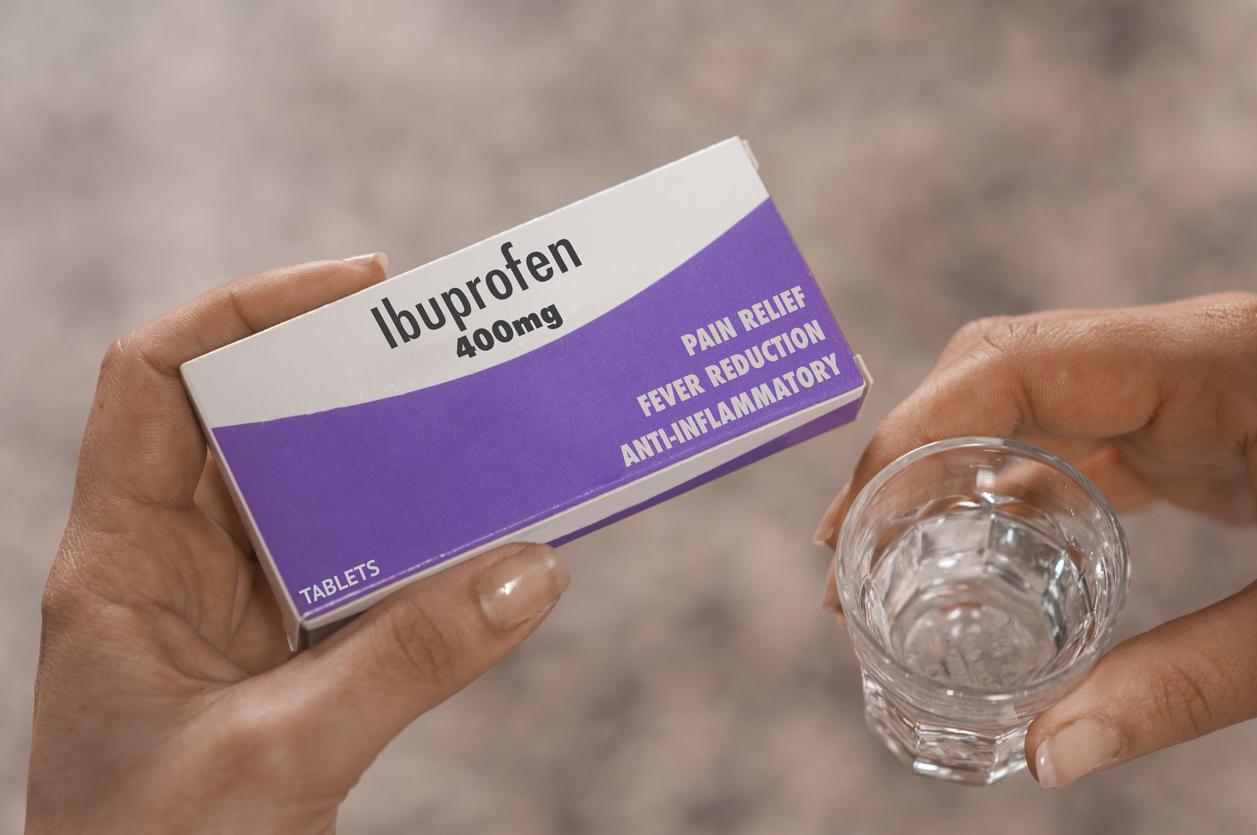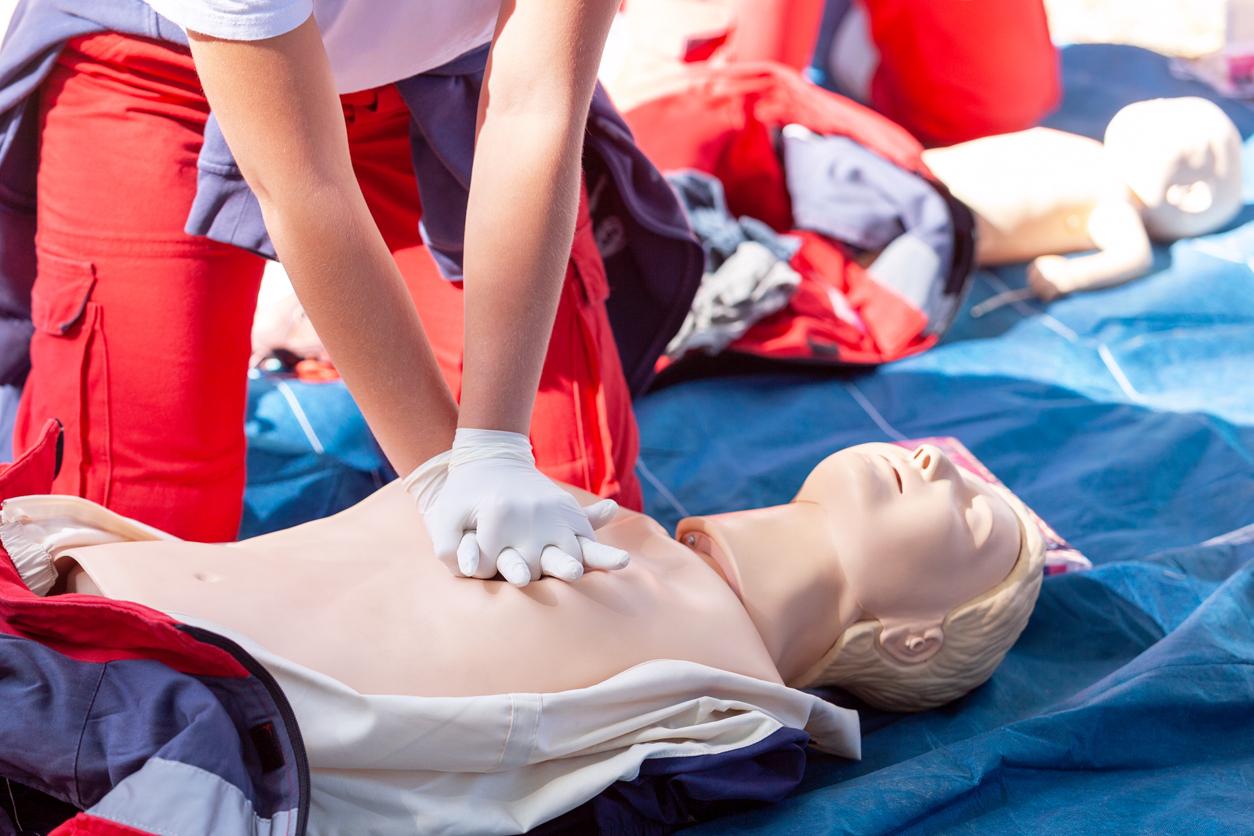In view of the harmful effects on the heart, the researchers recommend avoiding diclofenac and limiting the daily intake of ibuprofen to 1,200 mg.

Aspirin, ibuprofen, diclofenac… These non-steroidal anti-inflammatory drugs (NSAIDs) are the most used to relieve headaches or low back pain. Harmless in the eyes of the general public, these drugs are nevertheless associated with an increased risk of heart attack, reports a Danish study published in European Heart Journal.
“Allowing the purchase of these drugs without prescription and without medical advice sends the message that they are safe. However, previous studies have shown that NSAIDs are linked to an increased cardiovascular risk, which is worrying because they are widely used ”, underlines Professor Gunnar Gislason, professor of cardiology at the Gentofte University Hospital in Copenhagen.
In fact, research has shown that regular users of NSAIDs are more prone to heart failure, myocardial infarction or stroke.
To conduct their work, the researchers drew on the medical records of all those who suffered cardiac arrest outside a hospital between 2001 and 2010 in Denmark. During this time, more than 28,000 men and women suffered cardiac arrest. Among them, more than 3,300 patients took NSAIDs 30 days before the incident.
The researchers noted that ibuprofen and diclofenac were the most widely used anti-inflammatory drugs. More than half of the patients who consumed an analgesic opted for an ibuprofen and more than 20% chose diclofenac. The other patients took naproxen, celecoxib or rofecoxib. The latter sold under the name Vioxx was withdrawn from the world market in 2004 due to a doubled risk of stroke and heart attack.

Diclofenac is the most dangerous
Overall, patients who swallowed an NSAID were 31% more likely to experience cardiac arrest than those who did not. The same risk was observed for ibuprofen. With a 50% increased risk, diclofenac appears to be much more dangerous.
In contrast, the use of naproxen, celecoxib and rofecoxib was not associated with an increased risk of cardiac arrest. However, the researchers do not rule out their possible responsibility. They explain that the number of cardiac arrests is too low to assess their impact.
“These results are a stark reminder that NSAIDs are not without danger,” says Professor Gislason. Diclofenac and ibuprofen, two commonly used drugs, are associated with significantly greater risk of heart attack. They should therefore be used with caution and for valid indications, and probably avoided in patients with cardiovascular disease or with multiple risk factors ”.
The Danish cardiologist is thus opposed to the sale of these drugs in supermarkets. If they are sold over-the-counter in pharmacies, he recommends limiting quantities and doses. In France, it is possible to buy ibuprofen tablets up to 400 mg. “Do not take more than 1200 mg of ibuprofen per day, advises the doctor. Naproxene is surely the safest of the NSAIDs, the daily dose should be limited to 500 mg per day. On the other hand, diclofenac is the most risky and should be avoided by patients at risk but also by the general population. Medicines that are safer and have similar effects exist, so there is no reason to take them ”.
.










-1708094208.jpg)





